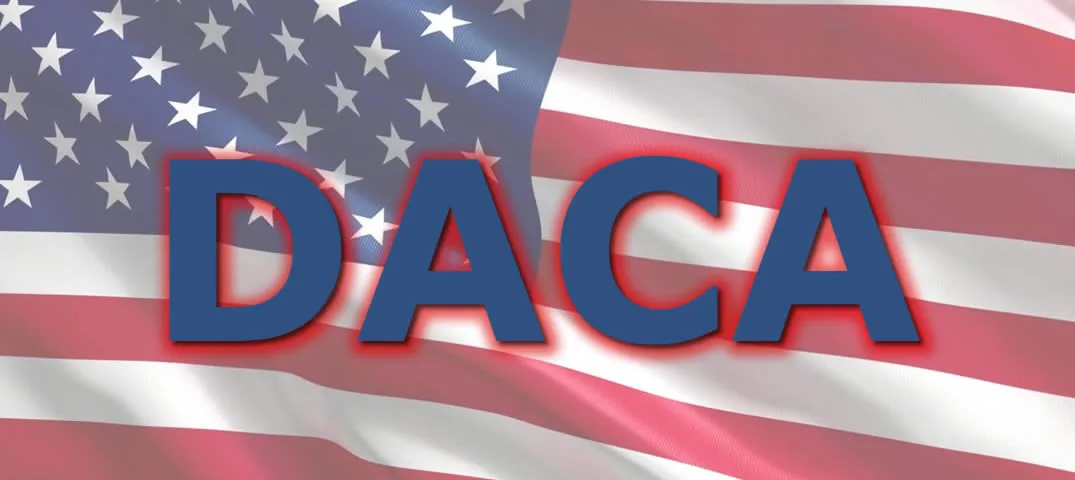El Tribunal de Apelaciones del Quinto Circuito en Nueva Orleans, Luisiana, escuchó los argumentos orales sobre la iniciativa de Acción Diferida para los Llegados en la Infancia (DACA) el 10 de octubre. Ahora el tribunal está decidiendo si DACA es ilegal, lo que podría allanar el camino para otra batalla en la Corte Suprema.
Mientras tanto, la decisión tendrá un impacto en las vidas de más de 500,000 jóvenes adultos indocumentados que fueron traídos a los Estados Unidos cuando eran niños.
Actualmente, los beneficiarios de DACA pueden renovar su estatus cada dos años. Aunque el Servicio de Ciudadanía e Inmigración de los Estados Unidos (USCIS) está aceptando solicitudes iniciales y tarifas de presentación, las nuevas solicitudes no pueden ser procesadas ni aprobadas.
Como beneficiario de DACA que puede renovar cada dos años, no puedo evitar pensar en las muchas personas con solicitudes pendientes por primera vez. DACA es un arma de doble filo. Me abrió muchas puertas, lo que me permitió cursar estudios superiores, solicitar una licencia de conducir y obtener un empleo legal. Sin embargo, también sirve como un recordatorio constante de que no hay un camino hacia la ciudadanía para personas como yo, y nuestra protección temporal contra la deportación puede ser revocada en cualquier momento.
Continúe leyendo en https://inmigracionyvisas.com/a6143-historia-personal-con-DACA.html






